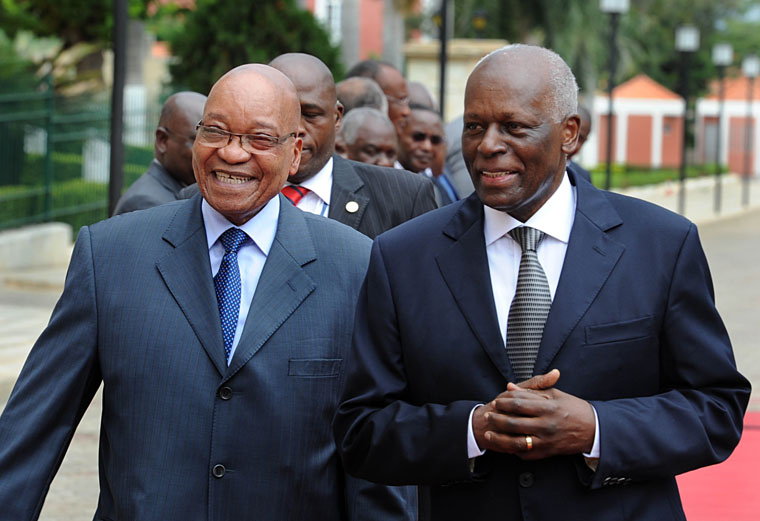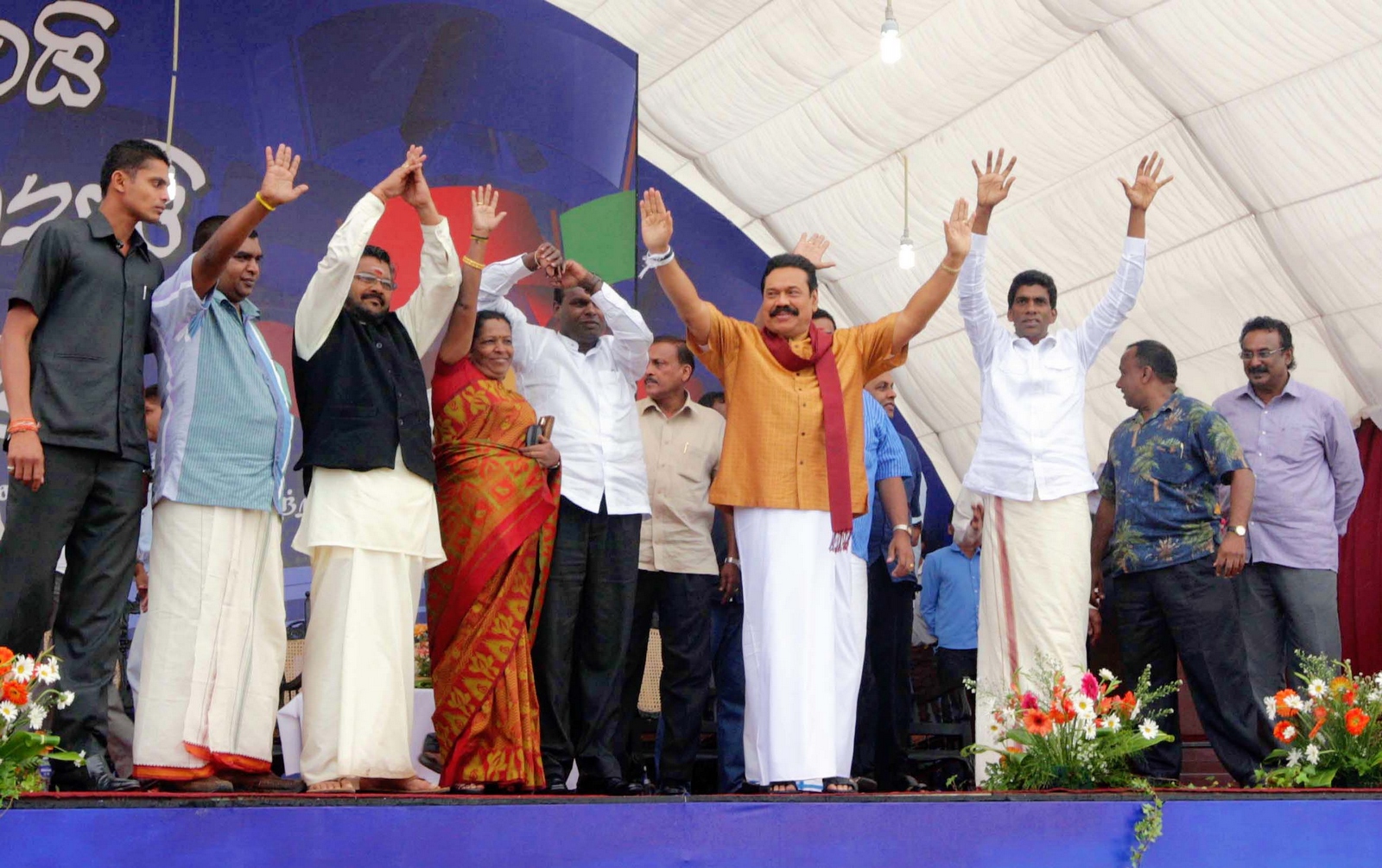By Barbara F. Walter.
Two weeks ago I asked why so many African dictators resigned in the short time span between September 2017 and February 2018. This included Robert Mugabe of Zimbabwe, Jose Eduardo dos Santos of Angola, Hailemariam Desalegn from Ethiopia, and Jacob Zuma of South Africa. Why the sudden exit from power?
I think much of the answer has to do with the lessons these leaders and, more importantly, their respective political parties, learned from the Arab Spring. Leaders like Mugabe and dos Santos witnessed what happens to unpopular dictators like Saddam Hussein and Muammar Qaddafi when citizens rebel and the military is unwilling to protect them from the opposition. They have learned that (a) violent rebellion is possible even in the staunchest dictatorships, and (b) if your party (and your generals) no longer support you, you could be killed. Under these conditions, peaceful resignation suddenly seemed like an attractive option.
The key to the resignations, however, was what incumbent party leaders and powerful generals learned from the Arab Spring. They learned that their political and economic interests were not necessarily aligned with the unpopular dictator in power. An unpopular dictator could choose to repress popular protests in the hopes of keeping himself in power. But this risked triggering a civil war; a lesson painfully learned in Syria.
Political parties and generals had more options once popular protests emerged. Their choice was not simply to repress the protesters or do nothing. They had a third choice that dictators didn’t have—they could shift their support to a replacement candidate from the same party. This had the benefit of reducing the risk of civil war while still maintaining the party’s hold on power.
If you look at all of the recent transitions in Africa (Ethiopia, South Africa, Angola, Zimbabwe) this is exactly what seemed to happen. Mugabe, dos Santos, Hailemariam, and Zuma were all replaced by members of their own party. From the perspective of party leaders (and the military which was complicit), this is a great outcome. The party defuses citizen anger, weakens claims by the opposition that a change in leadership is necessary, and in the end, the party remains in power.
The Arab Spring revealed the risks incumbent elites faced if they supported an unpopular leader too long. They learned that it is better for them to shift support away from the incumbent dictator once protests escalate. This convinces the incumbent to step down, while the replacement candidate placates the crowd and allows the party to remain in power. It’s a win-win for everyone involved, and possibly even the dictator.







1 comment
Progress???